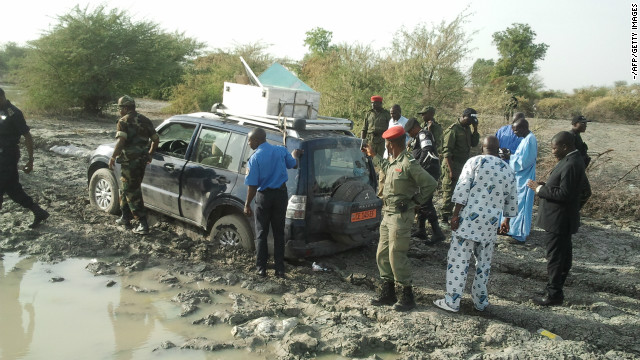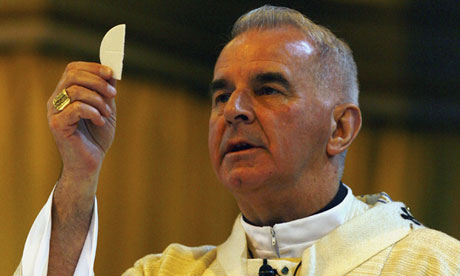By Mark O’Brien
Impunity Watch Reporter, North America
WASHINGTON, United States — Wyoming is expected to become the last state in the nation to ban human trafficking when the governor signs legislation into law by the end of the month.

Gov. Matt Mead will sign the law this week, according to the Huffington Post, once the state attorney general finishes a review. The bill would outlaw human trafficking, given local police the ability to arrest anyone breaking the new law.
“We did not want to be the only state without that,” Mead told the Huffington Post.
International anti-human trafficking advocates made a last-week push before state lawmakers passed the law on Feb. 20. According to the Wyoming Tribune Eagle, the law passed nearly unanimously with a 29-to-1 vote.
The law would make it a felony to knowingly recruit, harbor, receive, or participate in any other way in forced labor or sexual servitude. A similar ban already exists on the federal level, but supporters of the Wyoming law said a state ban was essential to punish perpetrators and help victims.
“In committee, we heard testimony of cases where human trafficking is happening and where law enforcement doesn’t have the ability to prosecute it as they should,” Rep. Kendell Kroeker (R-Evansville) told the Casper Journal. “I think this legislation will fix that and give us a chance to bring justice to the victims by prosecuting the criminals.”
Lawmakers modeled the bill on laws already in place in other states, and they said the time for this type of law was now.
“In Wyoming, we don’t consider ourselves as a place where trafficking happens,” Rep. Cathy Connolly (D-Laramie) told the Huffington Post. “This is a recognition that it does happen here.”
Fellow State Rep. Tom Walters (R-Casper) agreed.
“If all the other states have a law, it makes Wyoming a safe haven for this type of activity,” Walters told the Casper Journal.
“Like anything, there may be issues that come up that need to be ironed out, but this bill is good for the state of Wyoming,” Walters added.
Among those who pressed Wyoming for the law change was Academy Award-winning actress Mira Sorvino, who is a United Nations goodwill ambassador focused on human trafficking. In December, Sorvino criticized Wyoming while speaking at the National Conference of State Legislatures. She urged State Sen. John Hastert (D-Green River) for a change during a meeting at the conference.
For further information, please see:
The Huffington Post — Wyoming Human Trafficking Ban to Become Law Next Week — 23 February 2013
KULR8 — Wyoming Senate Passes Human Trafficking Bill — 21 February 2013
Casper Star-Tribune — Wyoming Legislature Passes Bill to Outlaw Human Trafficking — 20 February 2013
Casper Journal — Human Trafficking . . . in Wyoming – Bill Would Outlaw Nasty Crime — 18 February 2013



